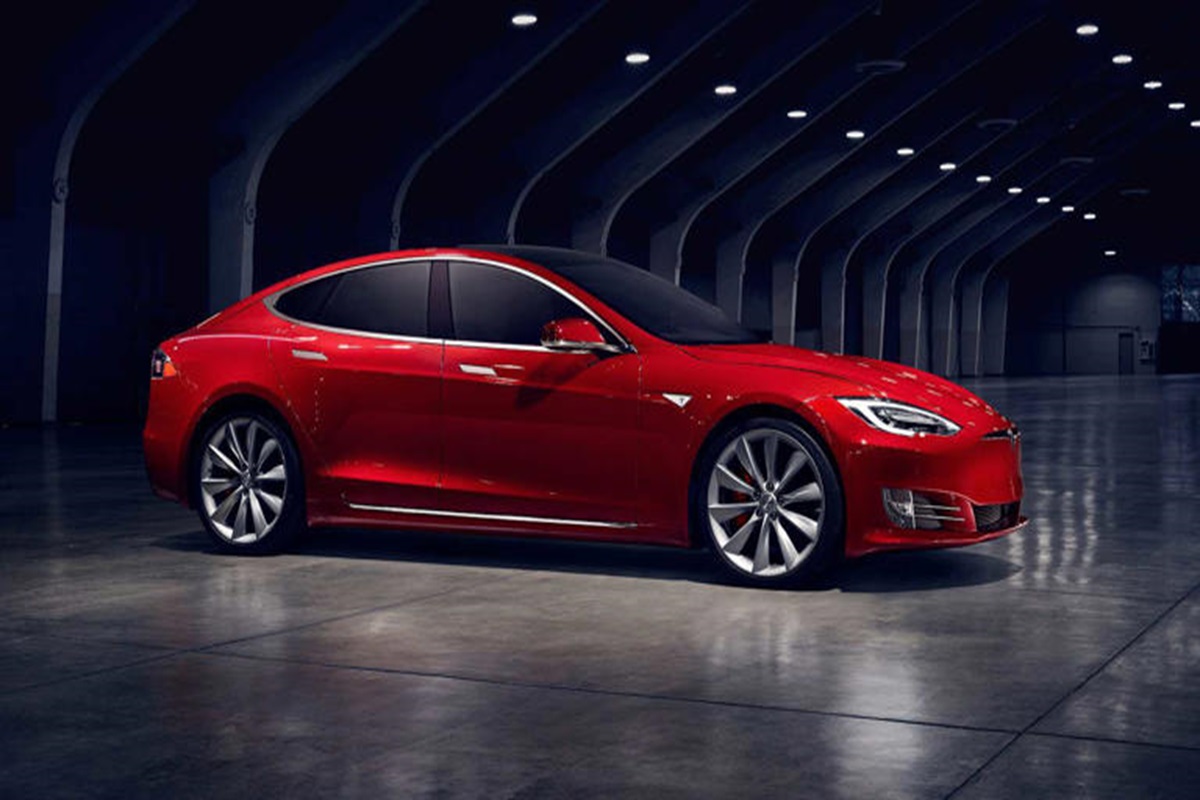Electric cars, like Teslas, can lose value quickly, but a recent study by iSeeCars shows that the Tesla Model S experiences the highest depreciation over a five-year period, while the Tesla Model 3 has the lowest. iSeeCars found that electric vehicles (EVs) as a category are generally worse at holding their value compared to hybrids and pickup trucks.

The study reveals that electric vehicles, on average, lose 49.1% of their value over five years, making them the worst-performing segment in terms of depreciation. In contrast, trucks and hybrids retain more value, with only 35% and 37% depreciation, respectively, over the same period.
However, there is some positive news for EVs. In 2019, electric vehicles experienced an average depreciation of 67.1% after five years, indicating a significant improvement of 18% in the recent study.
The depreciation discrepancy between EVs and hybrids may be influenced by factors such as federal tax credits offered on electric vehicles. Karl Brauer, iSeeCars executive analyst, points out that incentives, combined with concerns about battery replacement costs, contribute to the higher depreciation of used electric vehicles compared to their gasoline counterparts. He suggests that this trend may continue until electric vehicles become more competitive in terms of pricing and consumers gain confidence in their long-term ownership costs.
When examining individual electric car models, the Tesla Model 3 stands out for holding its value relatively well, while the Tesla Model S experiences the highest depreciation. This variation in depreciation percentages emphasizes the importance of considering specific models when evaluating used EVs. The study suggests that for consumers interested in purchasing a used electric vehicle, the high depreciation rates can result in attractive deals. However, those buying new electric vehicles should be prepared for a significant decrease in value over the first five years of ownership.
Leave a Reply